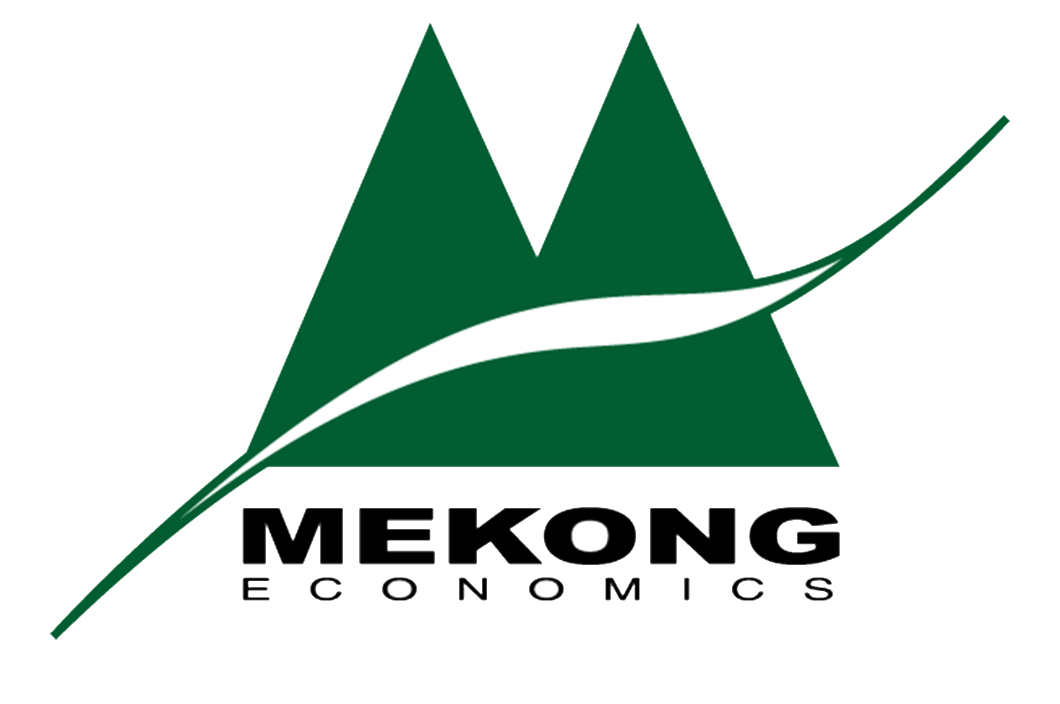MOE -Transformation of higher education and TVET in agriculture in Myanmar (TransformAGR) Phase 1 – Feasibility Study for Pathein and Shwebo Universities - 2021
Description of Project:
The Republic of the Union of Myanmar National Education Strategic Plan (NESP) 2016-21 has identified human resource capacity as one of the five drivers of change that will facilitate and sustain NESP reforms over the long term. MOE established a Capacity Development Fund (CDF), in partnership with Embassy of Denmark in Myanmar, to strengthen MOE systems and build human resource capacity to support implementation of the NESP. The Government of the Republic of the Union of Myanmar (GoM) has received funding from the Embassy of Denmark in Myanmar to support the Capacity Development Fund (CDF).
The Feasibility Study will build upon best-practice lessons learned from ongoing, demand responsive education and training programmes being implemented by: (i) MOE Capacity Development Fund (CDF);(ii) Myanmar Sustainable Aquaculture Programme (MYSAP), Department of Fisheries, funded by GIZ;(iii) Strengthening of Agricultural Vocational Education and Training for Food Security (2016-2020) Project, Ministry of Agriculture, Livestock and Irrigation (MOALI) funded by The Netherlands; and, (iv) other development partner funded projects.
The MOE and NEPC are proposing a first phase of the TransformAGR Project involving a Feasibility Study for Pathein and Shwebo Universities. The overall aims of the Feasibility Study are:
1. Undertake a detailed assessment of the demand and supply of agriculture occupations and skills in the Ayeyarwady and Sagain Regions over the next 10 years;
2. Draft a detailed and costed investment plan for strengthening agricultural education at Pathein and Shwebo Universities; and,
3. Draft a detailed and costed investment plan for strengthening agricultural TVET training programmes in the Ayeyarwady and Sagain Regions.
Description of actual services:
● Undertake an in-depth literature review and draft two reports for the Ayeyarwady and Sagain Regions;
● Analyse all reports, research papers and other secondary data sources to understand the current and long-term demand for agricultural occupations and skills in the Ayeyarwady and Sagain Regions;
● Systemically assess all known agricultural production areas/sub-industries in terms of demand for occupations and skills;
● Undertake consultations and research in the Ayeyarwady and Sagain Regions;
● Organise and hold a one-day consultation meeting with 150 key stakeholders based in the regions;
● Hold key informant interviews with experts and private sector companies in the regions;
● Draft a qualitative interview questionnaire to be used in both regions to interview agriculture workers, private sector company owners and employees, region-based industry representatives, independent agriculture experts and advisers, and any other relevant experts in the Ayeyarwady and Sagaing Region;
● Review the data collected from the Ayeyarwady and Sagaing Region;
● Update and finalise the report: Demand for agriculture occupations and skills in the Ayeyarwady and Sagaing Regions
● Draft a detailed and costed investment plan for strengthening agricultural education at Pathein and Shwe Bo University; and, a detailed and costed investment plan for strengthening agricultural TVET training programmes in the Ayeyarwady and Sagain Region;
● Make four separate presentations to NEPC in Yangon, MOE and MoALI officials in NPT and faculty at Yezin University to get their comments and inputs;
● Hold half-day consultation meeting in Pathein University and another meeting in Shwebo University with all key stakeholders they have met and consulted with to date;
● Finalize the main outputs.
